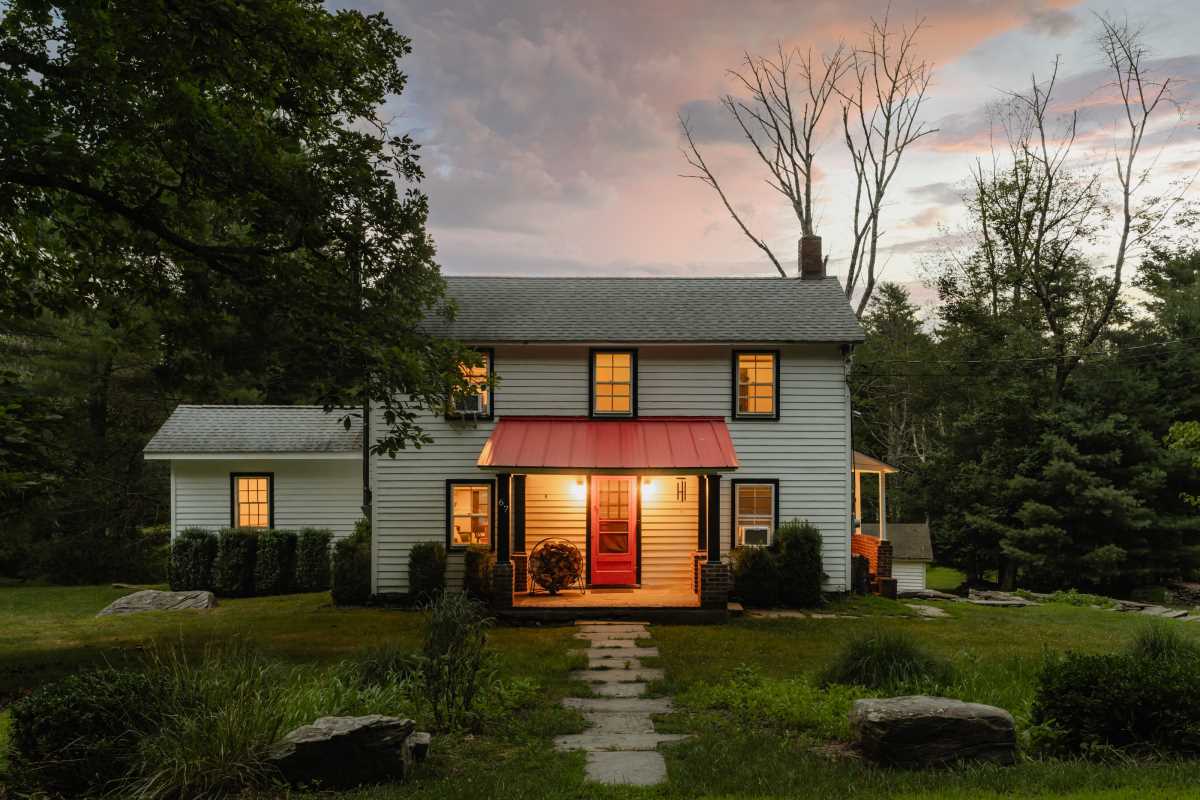Buying your first home is a major milestone—but it doesn't come with a user manual. While most first-time buyers focus on finding their dream house (or at least one without a leaky roof), homeowners insurance can often feel like an afterthought. Spoiler alert: it shouldn’t be. This coverage is your safety net, the thing that stands between you and financial disaster if things go sideways.
Yet, there are plenty of traps that first-time buyers can fall into when navigating the homeowners insurance maze. From skimping on coverage to overlooking the fine print, these pitfalls can cost you big time. But don’t worry—we’re here to break it down for you. With the tips below, you can sidestep common mistakes and make smarter decisions about your insurance policy.
Why Homeowners Insurance Matters
Before we get into the mistakes, let's get one thing straight. Homeowners insurance isn’t just a money pit that your lender makes you pay for. It’s your lifeline in times of trouble. If your house burns down, a tree takes out your roof, or some amateur criminal makes off with your electronics, insurance is there to help pick up the pieces.
Homeowners insurance typically covers three big categories:
- Dwelling Coverage: Protects the structure of your home and anything attached to it, like a garage.
- Personal Property Coverage: Covers your belongings, whether they’re in your house or stolen while you’re on vacation.
- Liability Protection: Helps cover legal fees if someone gets hurt on your property or if you somehow wreck someone else’s property (like if a tree on your property crashes into a neighbor's shed).
Now that you know why it’s important, here’s how to avoid botching your first policy.
Common Mistakes (and How to Avoid Them)
1. Underinsuring Your Home
It’s tempting to cut corners to save money, but skimping on coverage is an awful idea. Many first-time buyers make the mistake of insuring their home only for its market value—which is often different from its rebuild cost. Market value considers factors like location and property demand, but when claims happen, your insurer is only concerned with what it’ll cost to physically rebuild your house. That can add up to a lot more.
How to Avoid:
- Work with your insurance agent to estimate your home’s rebuilding cost.
- Factor in local labor and materials price hikes.
- Ask about extended or guaranteed replacement cost coverage to guard against inflation.
2. Ignoring Policy Exclusions
Not everything under the sun is covered by homeowners insurance. For example, most policies won’t pay for damages caused by floods or earthquakes. If you live in a risk-prone area, this is where special endorsements or separate policies come into play. First-time buyers often overlook this fine print and are blindsided when disaster strikes.
How to Avoid:
- Always read the exclusions section of your policy. Yes, it’s boring. Do it anyway.
- If you’re in a flood or earthquake-prone region, consider supplemental insurance.
- Check for exclusions related to valuable items like jewelry or home businesses.
3. Not Comparing Quotes
Choosing the first insurance provider your lender recommends is like buying a car without shopping around. Every insurer offers different rates, discounts, and coverage options. By not comparing quotes, you could easily overpay or miss out on a better deal.
How to Avoid:
- Get at least 3–5 quotes from different providers.
- Use online comparison tools or work with an independent insurance broker.
- Take time to compare not just the cost but the coverage offered. Cheaper isn’t always better.
4. Failing to Understand Your Deductible
Your deductible is the amount you pay out of pocket when filing a claim. A higher deductible equals lower premiums, but it also means having to cough up more money when disaster hits. Many first-time buyers choose a sky-high deductible to save on upfront costs, only to regret it when they face a hefty repair bill.
How to Avoid:
- Choose a deductible you can realistically afford in an emergency.
- Review how changing your deductible impacts your premium. Find a balance that makes sense for your budget.
5. Overlooking Liability Coverage
Here's the thing about liability coverage: it’s not just for accidents that happen in your home. If your dog bites someone down the street or you accidentally damage a neighbor’s property, liability coverage saves you from paying out of pocket. Skimp on this, and you’re playing financial roulette.
How to Avoid:
- Go beyond the minimum liability coverage in your policy. Most experts recommend at least $300,000.
- Consider an umbrella policy for additional liability protection, especially if you have significant assets to protect.
6. Not Maintaining a Home Inventory
If a fire or burglary wipes out your belongings, how are you going to prove what you had? Without a home inventory, it’s almost impossible to recoup the full value of your loss. Many first-time buyers neglect this step until it’s too late.
How to Avoid:
- Take photos or videos of every room in your home, focusing on valuable items.
- Keep receipts for big-ticket items like electronics, appliances, and jewelry.
- Store your inventory in a cloud-based service or a secure location outside your home.
7. Ignoring the Bundling Option
If you’re already paying for auto or renters insurance, bundling it with homeowners insurance can save you a pretty penny. First-time buyers often miss out on these discounts because they don’t think to ask.
How to Avoid:
- Ask your current insurance provider for bundling discounts.
- If you’re shopping for a new provider, compare bundled and standalone rates to find the best deal.
Tips for First-Time Buyers
Now that you know what not to do, here are a few more tips to help you make the right insurance moves:
Assess Your Coverage Needs
Take stock of what you need based on your home’s location, age, and unique features. Does your area experience hurricanes or wildfires? Is your house older and requires more TLC? Tailor your policy accordingly.
Review Policy Discounts
Ask about available discounts for things like having a security system, smoke detectors, or a claims-free history.
Stay On Top of Home Updates
Any major renovations, like adding a deck or finishing a basement, could change your insurance needs. Keep your insurer in the loop to avoid coverage gaps.
Ask Questions
Don’t be shy about asking your insurer or agent to explain the fine print. There’s no such thing as a dumb insurance question when your financial wellbeing is on the line.
First-time buyers have enough on their plates without making avoidable homeowners insurance mistakes. By understanding coverage needs, comparing quotes, and avoiding common pitfalls, you can protect your investment (and your sanity).
 (Image via
(Image via





